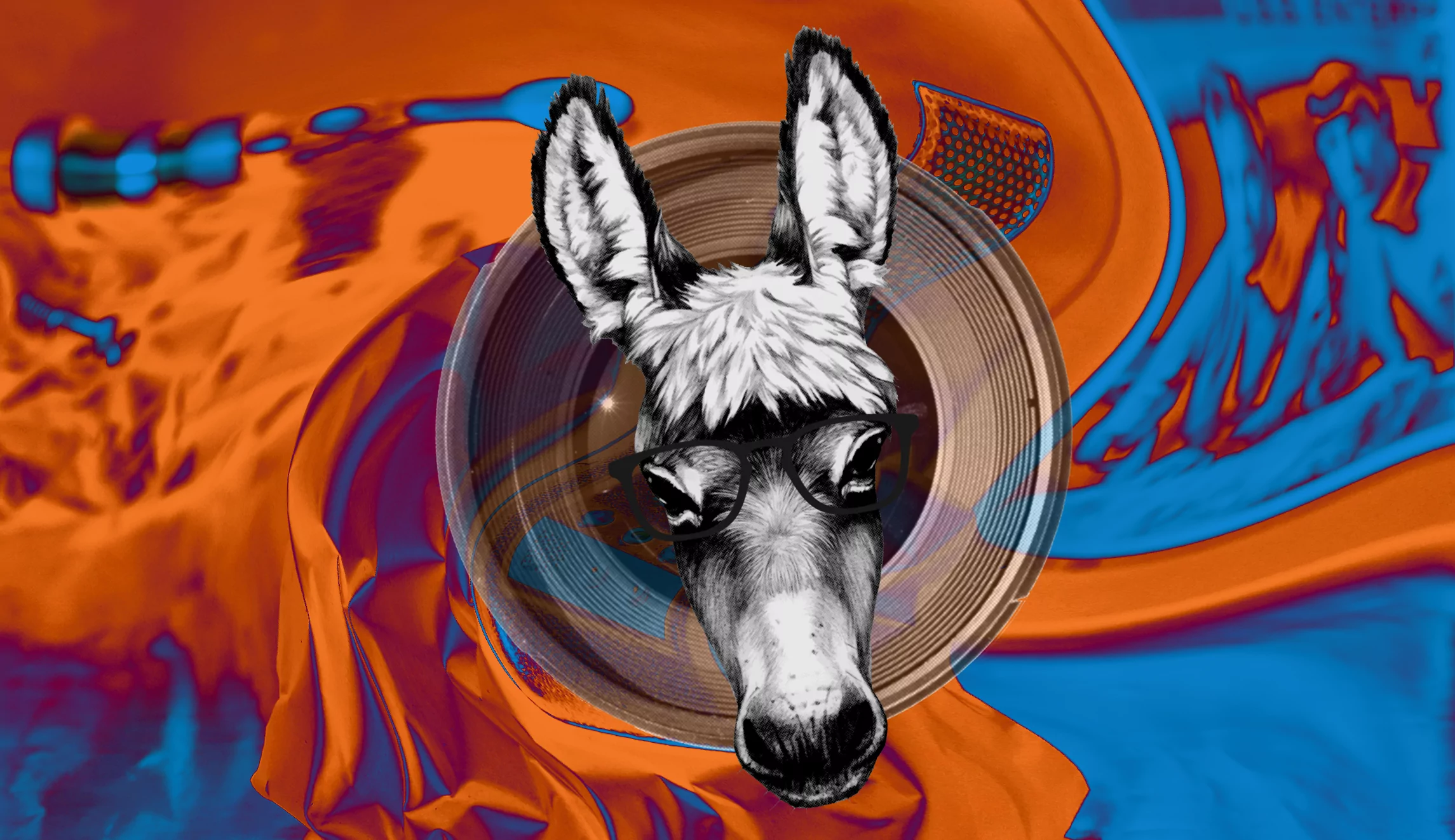

During the years I kicked around Hollywood grabbing writing gigs here and there, I would attend a weekly theater gathering — Tuesdays@9, produced by the Naked Angels. Writers would bring in about 10 minutes of material to workshop with actors who turned up to get in a little scene work. The whole event was an excuse to socialize and maybe find a date, but I’d bring pages now and then. I never delivered a comedic piece on such a Tuesday night. I never welcomed so much as a smirk. But that made me the exception. It seemed every writer mounting a brief production brought in comedy, be it a complete sketch or pages of a feature or TV pilot. Whether offering parody, satire, meet-cutes, or social commentary, every writer but one came for laughs.
That insatiable need for giggles infects our 21st century storytelling. Whether it’s movies, television, or online productions, today’s authors, writers, producers, and directors want to be amusing as quickly as possible. The writing industry remains dead set against allowing sobriety, suspense, or despair without laying in a one-liner or a comeback as soon as possible. It doesn’t matter if that joke lands, as long as it immediately novocaines the ache. Nobody wants to be a storyteller. They all want to be smartasses.
A quip to break narrative tension briefly is as old as popular entertainment. Across genres, Casablanca to Lawrence of Arabia to Aliens to Silence of the Lambs to Zero Dark 30 to Oppenheimer, skilled writers and directors allow a brief laugh to let the audience blow off a little steam before the onscreen tension builds toward another crescendo. Think of Lord of the Rings, in its film adaptation, which sees the dwarf Gimli turned into a very deadly sort of clown. “I’m wasted on cross-country. We dwarves are natural sprinters,” he mugs, the screenwriters snarking away the grimness of the heroes’ mission. When James Bond fires a spear gun through an assassin and deadpans, “I think he got the point,” the viewer can smile or groan before settling in for the next threat.
In 2024, storytellers are so eager to impress one another with their Kevin Smith/Joss Whedon/Kevin Williamson-trained dialogue needlepoint that they get the process backward. The action or horror sequences interrupt the jokes until they overlap so severely they obfuscate the narrative stakes. The audience member ends up asking, or subconsciously wondering, “If they’re joking around and not concerned, why the hell should I care?”
A prime petri dish for examining this decomposition of storytelling is Star Trek. The longstanding franchise reaches across different media over more than 50 years as an unmistakable pop culture lodestone. Everyone’s favorite Federation’s sensibilities evolved over the decades to fit the next generation.
The significantly longer than five-year mission began with Star Trek: The Original Series on NBC (1966-68) and now warps onward with Star Trek: Strange New Worlds on Paramount+. These test subjects are perfectly parallel. Both productions feature Starfleet personnel aboard the USS Enterprise exploring the stars and fending off endless alien threats.
The original show was conceived and produced by Gene Roddenberry, a World War II veteran pilot who flew 89 combat missions. The writers, directors, cast, and crew Roddenberry hired were either veterans themselves or people unavoidably touched by the war 20 years prior — not to mention the Korean War and the looming Vietnam conflict.
The updated Strange New Worlds was created by Akiva Goldsman, Alex Kurtzman, and Jenny Lumet. They’re each accomplished Hollywood professionals, but the closest any of them, and the writers they hire, ever came to life and death, blood, and guts struggle is the Paramount commissary on Taco Tuesday. As a result of this stark (or snark) difference in developmental culture, the characters of 1960s Trek became immortal. We cared about them and remember them fondly. Whether exploring a solar system or locked in combat, the bridge of their original Enterprise was serious as a heart attack. No matter how corny the 1960s production values looked, scenes played out with committed, sometimes grim, military protocol.
Today’s fictional starship loads up on our titular smartass crew members. They crack wise in battle. They ridicule their captain. They spout casual profanity on the bridge. Every other remark is an acerbic cry for attention. They can’t help it. Phasers and photon torpedoes aside, the crew’s constant, narcissistic desire to release their brittle bon mots is the most potent force aboard ship. They all think alike. They all sound alike. They behave under stress in a way we humans seldom manage in survival mode. It never seems real.
With so many of this era’s stories and mythology from the Marvel movie craze to over the top action yarns such as the Fast and Furious blurs, the audience can’t invest emotionally in characters anymore. The protagonists clearly never believe they’re under any genuine threat if they can do standup while fighting for their lives. The villains haven’t really thought their dastardly plans through if they stopped to jot down a good zinger. Even as we may be entertained, do we not yearn for the writers to take all of this seriously so we can do the same? Do we not yearn for somebody, somewhere, to take something seriously?
The great Aldous Huxley saw this coming. In his Brave New World, the conditioned population lived with a constant addiction to Soma — a mass-produced narcotic promoting contentment and relief from any form of sadness or anxiety. John, the novel’s ill-fated hero, grew up outside the dystopia and knows the value of everything that isn’t lost in a technology-soaked, insipid, numb existence.
CLICK HERE TO READ MORE FROM THE WASHINGTON EXAMINER
“But I don’t want comfort,” John says in Huxley’s stead. “I want God. I want poetry. I want real danger. I want freedom. I want goodness. I want sin. … I’m claiming the right to be unhappy.”
For today’s all-too-comfortable writers and storytellers, the very fact that suffering might exist is too uncomfortable to include in their brands of entertainment. Through a chortle at some glib badass, we all suffer for it.
John Lewinski, MFA, is a writer based in Milwaukee.






